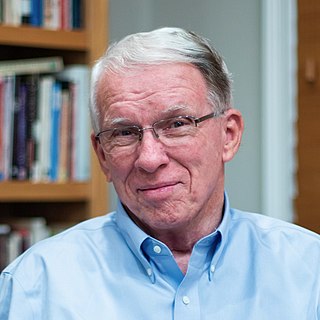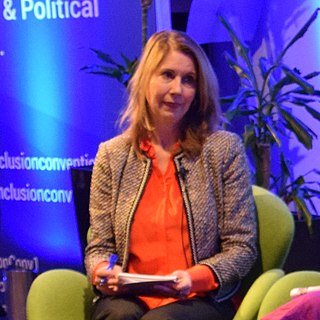A Quote by Larry Crabb
We must come to the Bible with the purpose of self-exposure consciously in mind. I suspect not many people make more than a token stab in that direction. It's extremely hard work. It makes Bible study alternately convicting and reassuring, painful and soothing, puzzling and calming, and sometimes dull - but not for long if our purpose is to see ourselves better.
Related Quotes
Living a lie - pretending everything is fine when we are
actually discontented - is hard work and, in the long run, even bad for our health. We pay a high price
for compromising on this honesty - and neglecting ourselves. Finding our inner passion, our mission
in life, and connecting with who we really are, our spiritual being or our higher self - this is the key to success and fulfilment. Our 'soul' purpose is our sole purpose in life.
There is more Bible buying, Bible selling, Bible printing and Bible distributing than ever before in our nation. We see Bibles in every bookstore - Bibles of every size, price and style. There are Bibles in almost every house in the land. But all this time I fear we are in danger of forgetting that to HAVE the Bible is one thing, and to READ it quite another.
The significance of our lives and our fragile planet is then determined only by our own wisdom and courage. We are the custodians of life's meaning. We long for a Parent to care for us, to forgive us our errors, to save us from our childish mistakes. But knowledge is preferable to ignorance. Better by far to embrace the hard truth than a reassuring fable. If we crave some cosmic purpose, then let us find ourselves a worthy goal.
I enter a most earnest plea that in our hurried and rather bustling life of today we do not lose the hold that our forefathers had on the Bible. I wish to see the Bible study as much a matter of course in the secular colleges as in the seminary. No educated man can afford to be ignorant of the Bible, and no uneducated man can afford to be ignorant of the Bible.
He does have surprising, secret purposes. I open a Bible, and His plans, startling, lie there barefaced. It’s hard to believe it, when I read it, and I have to come back to it many times, feel long across those words, make sure they are real. His love letter forever silences any doubts: “His secret purpose framed from the very beginning [is] to bring us to our full glory” (1 Corinthians 2:7 NEB).
My own experience is that the Bible is dull when I am dull. When I am really alive, and set in upon the text with a tidal pressure of living affinities, it opens, it multiplies discoveries, and reveals depths even faster than I can note them. The worldly spirit shuts the Bible; the Spirit of God makes it a fire, flaming out all meanings and glorious truths.


































